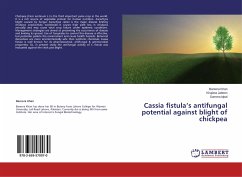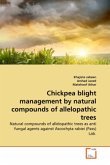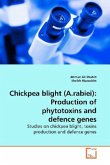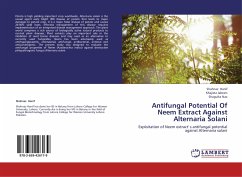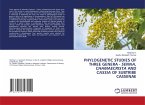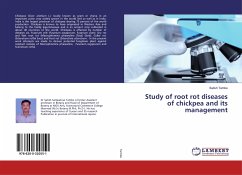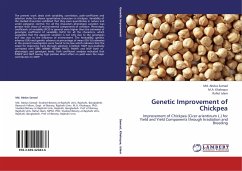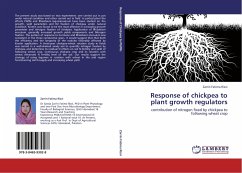Chickpea (Cicer aretinum L.) is the third important pulse crop in the world. It is a rich source of vegetable protein for human nutrition. Ascochyta blight caused by fungus Ascochyta rabiei is the major disease limiting chickpea productivity worldwide. It causes high yield loss in chickpea annually and may cause total crop failure under epidemic conditions. Management strategies are aimed at preventing the occurrence of disease and limiting its spread. Use of fungicides to control this disease is effective, but pesticides pollute the environment and cause health hazards. Botanical derivatives are more environmentally safe than synthetic chemicals. Cassia fistula is well known for its pharmaceutical, antifungal & antimicrobial properties. So, in present study the antifungal activity of C. fistula was evaluated against the chick pea blight.

